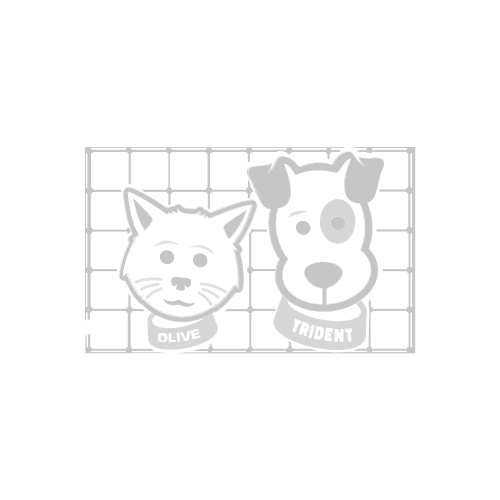Dog Kisses That Can Kill
Affectionate dog owners are at risk of catching a potentially deadly disease.
While the man’s best friend are great at cheering their owners up when they’re down, they may be responsible for threatening the life of their keeper.
An expert completely dismissed the myth that a dog’s mouth is much cleaner than a human’s.
Dog expert Marty Becker said: “All you have to do is look, watch, smell and you’ll realise that is not true.
“They raid the garbage can. You know, we give each other a peck on the cheek when we say hello, they give each other a peck on the rear end.”
The friendly animals who love to lick faces can and do carry a long list of bacteria which can severely impact human health.
John Oxford, professor of virology and bacteriology at the Queen Mary University in London, explained how the beautiful creatures get bacteria in the first place.
He said: “It is not just what is carried in saliva.
“Dogs spend half their life with their noses in nasty corners or hovering over dog droppings so their muzzles are full of bacteria, viruses and germs of all sorts.”
The strong bacteria have the power to cause a range of dangerous diseases, some deadly.
Capnocytophaga Canimorsus is a bacteria that lives in a dog’s saliva.
It has the power to cause fatal infections including sepsis, which can ultimately lead to organ failure and even death.
Initial symptoms of this infection are similar to those of other illnesses. But carriers will fall ill much more quickly than those with a commonplace equivalent.
Symptoms of Capnocytophaga Canimorsus include fever, chills, sweats and a lack of energy.
Ringworm is said to be one of the easiest infections dog’s can pass on.
According to reports, owners who take their dogs to places where several animals are close together, such as kennels or shelters, make their pets more susceptible to catching the bacteria.
But if a dog is carrying the infection it will be fairly visible as symptoms including dandruff, hair loss and darkened patches will show on a dog’s skin and hair.
Our furry friends can also carry the potentially fatal MRSA disease, but it will not have any effect on them.
Children are at a greater risk of catching these infections from a dog’s lick.
a rel='canonical'Story re-posted from New York Post. Written by Aletha Adu, The Sun.

